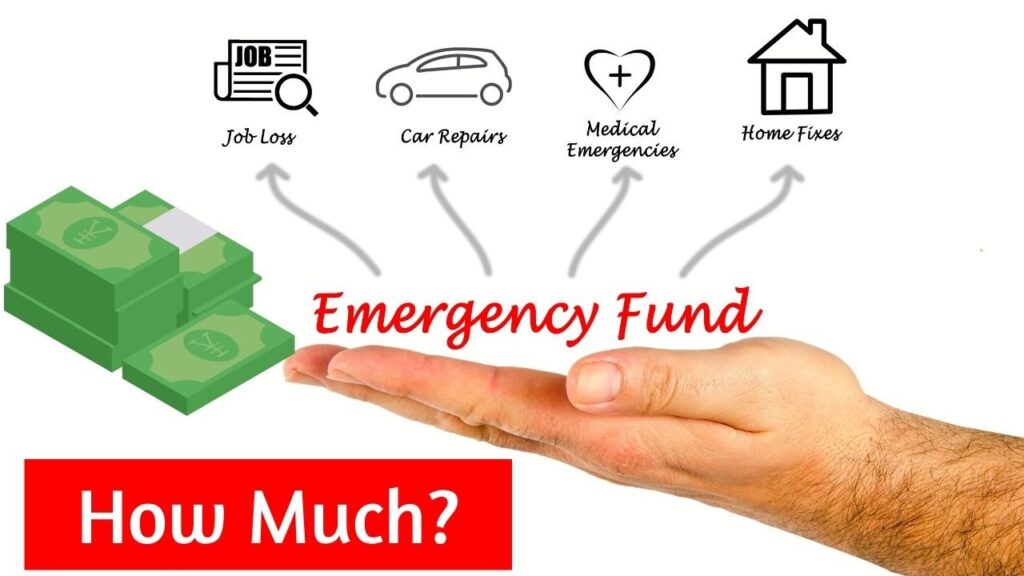Understanding the importance of emergency funds is crucial for financial stability. An emergency fund acts as a financial safety net, providing households with the means to cover unexpected expenses without resorting to debt. In this guide, we’ll explore why every household should have an emergency fund, how much you should save, and the best ways to build and maintain this essential financial tool. Learning more with visa.javanet247
What are Emergency Funds?
Emergency funds are savings specifically set aside to cover unexpected expenses, such as medical emergencies, car repairs, or sudden job loss. Unlike regular savings, which might be used for planned expenses or long-term goals, emergency funds are reserved for unforeseen situations that require immediate financial attention.
The Purpose of Emergency Funds
The primary purpose of emergency funds is to provide financial security during times of crisis. Having readily accessible funds can prevent you from needing to take out high-interest loans or dip into retirement savings when unexpected expenses arise. This financial cushion ensures that you can handle emergencies without derailing your overall financial plan.
Why Every Household Needs an Emergency Fund
Every household, regardless of income level, should prioritize building an emergency fund. The unpredictability of life means that emergencies can happen at any time, and being prepared can make all the difference.
Protecting Against Financial Hardship
Without emergency funds, even a minor unexpected expense can lead to financial hardship. For example, a sudden car repair could force you to use credit cards or take out a loan, leading to debt accumulation. With a well-funded emergency reserve, you can cover these costs outright, avoiding additional financial stress.
Maintaining Financial Stability
Emergency funds play a critical role in maintaining your household’s financial stability. They allow you to handle emergencies without disrupting your regular budget, ensuring that you can continue to meet your financial obligations without falling behind. This stability is especially important during periods of unemployment or significant income reduction.
How Much Should You Save in Emergency Funds?
The amount you should save in your emergency funds depends on various factors, including your income, monthly expenses, and financial obligations. A common recommendation is to save three to six months’ worth of living expenses. However, this amount can vary based on your personal circumstances.
Factors to Consider
When determining how much to save in your emergency funds, consider factors such as the stability of your income, the number of dependents, and the likelihood of unexpected expenses. If you have a more volatile income or multiple financial responsibilities, you may want to aim for the higher end of the savings range.
Building Your Emergency Fund
Building your emergency funds may take time, but it’s important to start as soon as possible. Begin by setting small, achievable savings goals, and gradually increase the amount you save each month. Automating your savings can make this process easier by ensuring that a portion of your income goes directly into your emergency fund.
Where to Keep Your Emergency Funds
The accessibility and safety of your emergency funds are crucial. You want to ensure that the money is easily accessible in an emergency but also earns some interest over time.
High-Yield Savings Accounts
One of the best places to keep your emergency funds is in a high-yield savings account. These accounts offer higher interest rates than traditional savings accounts, allowing your emergency fund to grow while remaining easily accessible. Ensure that the account is with a reputable bank and that it offers easy access to your funds when needed.
Money Market Accounts
Another option for storing your emergency funds is a money market account. These accounts typically offer competitive interest rates and may provide check-writing or debit card access, making it easy to access your funds in an emergency.
Conclusion
Establishing emergency funds is an essential step in securing your financial future. By setting aside money specifically for unforeseen expenses, you protect your household from financial instability and ensure that you’re prepared for whatever life throws your way. Start building your emergency fund today, and gain the peace of mind that comes from knowing you have a financial safety net in place.

